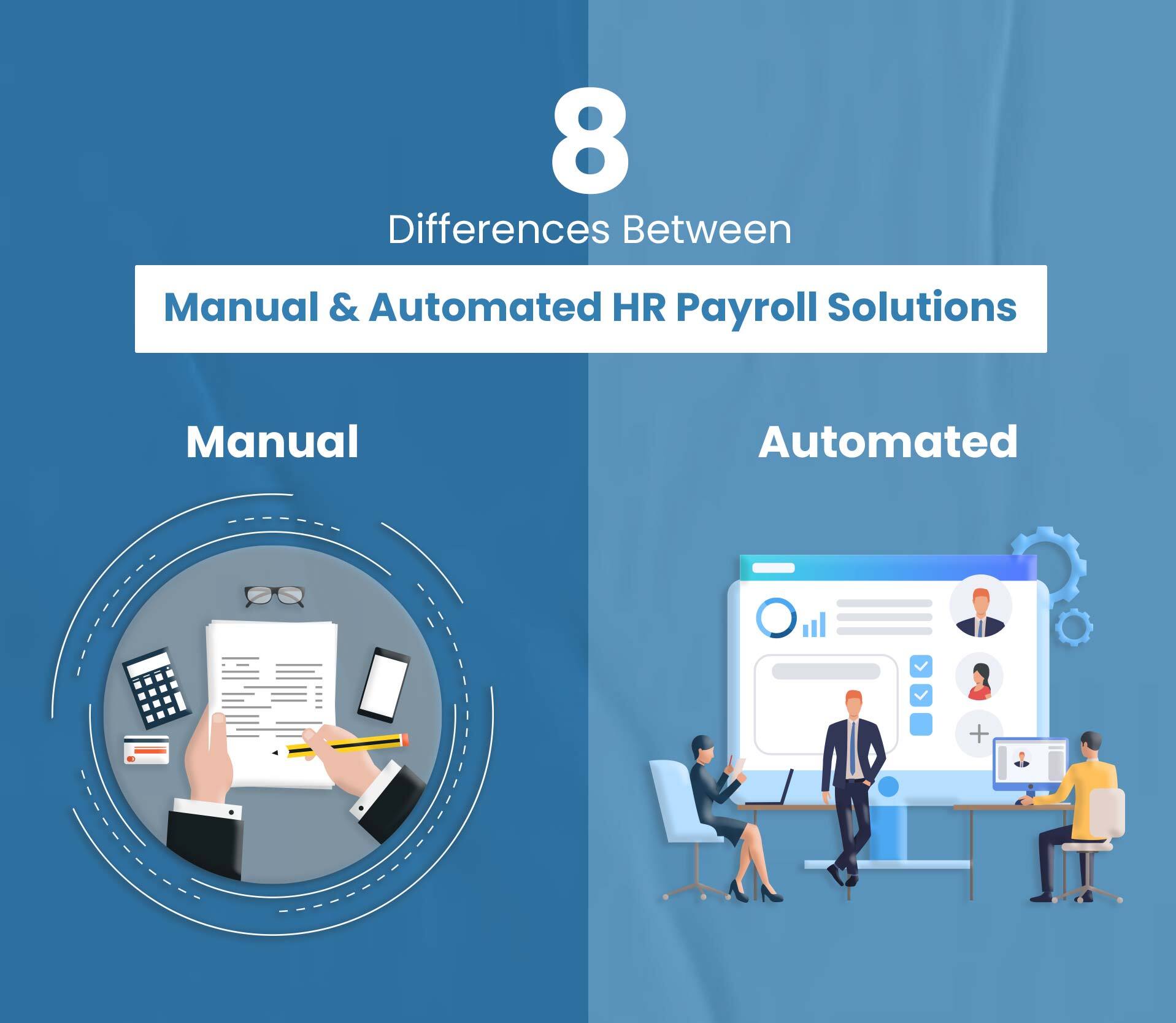Blog
Catch top stories, Stay updated with the trend
6 Ways Small Businesses Can Take Cyber Security Measures to Prevent Cyber Attacks
Small businesses might think they're immune to cyberattacks, but they are not. In fact, half of all cyberattacks are aimed at small businesses.
In fact, they're often even more vulnerable than large corporations because they haven't invested in the same types of protections and have fewer resources to respond to an incident. But with some clever strategies, you can help protect your business from cyber threats, so you don't have to worry about losing valuable data or your customers' trust.
Here are six ways small businesses can take cyber security measures to prevent costly cyber-attacks.
- Secure your network.
Your network is the infrastructure that connects all your computers and devices together. It allows employees to share information quickly and easily without having to pass hard copies around or use email. A secure network protects your data from being accessed by unauthorized users. If you don't already have one, use firewalls, secure Wi-Fi connections, and VPNs.
Make sure you have strong passwords and that they are updated regularly.
Also, make sure you're using Wi-Fi encryption, which protects your data as it's transmitted over wireless networks. Wi-Fi encryption comes in two flavors: WEP and WPA2. WEP is older and can be cracked relatively easily, so it's best to use WPA2 if possible.
- Secure Your Devices
Every device is connected to your network; computers, laptops, printers, phones, tablets, etc. Only install software from trusted vendors and keep it up-to-date.
Many businesses use mobile devices such as smartphones or tablets for work purposes; however, these devices are also prone to theft or loss. If any employees use their own devices, enforce BYOD policies so that your critical data is not going home with your employees.
- Protect your data
Encrypt your data, both on-site and off-site. Use encryption for email messages containing confidential information or customer data, as well. If you have sensitive data about your clients or employees, then it is essential that this data be kept secure; this is especially true if you take credit card payments or handle other financial transactions.
- Train your employees
Train your employees on best practices for data protection and cybersecurity—including how to recognize phishing scams like fake emails or websites that could compromise security if opened or used by an employee with access to sensitive information or systems.
People tend to get more careless about opening emails during the holiday season; it's easy to let down your guard when you're dealing with seasonal spam messages like thousands of "Best wishes!" and "Happy Holidays!" emails from friends and family members. Remind your employees not to open email attachments unless they expect them, and make sure they know how to spot suspicious-looking links or attachments from people they don't know.
- Back up your data!
This is crucial—if something happens, like a ransomware attack, you won't lose your entire business simply because you've lost access to your files. With all of your information backed up in a safe place, you can easily wipe your system clean and start over again.
This allows you to retrieve it quickly in the event of a ransomware attack or other attack that locks you out of your systems. This can save you a lot of time and money that it would take to recreate the data.
You can use external hard drives, flash drives, and cloud storage services to back up your data, and create redundant backups in case one or more backup fails. You should also automate your backups so that you don't forget to do them regularly.
- Update Software Across Organization
Last but not least, update all software across your company to prevent any vulnerabilities from being exploited by hackers or malware infections that may occur due to outdated programs being unpatched and insecure, allowing hackers full control over them using the remote desktop protocol (RDP).
This is a crucial step in security because new updates are often released to help prevent attacks that have recently been discovered. When a new vulnerability is found in an app or operating system, hackers will seek out these vulnerabilities in older versions of software - so don't put it off! If an update is available for any of your apps or devices, make sure you install it as soon as possible.
Does My Small Business Need a Website
Key Benefits of Having a Mobile App for Your Business
How to Outsource Your Business Digital Marketing
Why Small Businesses Need Custom Software Development
Importance of Search Engine Optimization for Small Businesses
What Is CRM And ERP And How It Can Be Beneficial For Businesses
6 Most Important Digital Assets for E Commerce Business
7 Most Common Web Design Mistakes Small Businesses Make
See All
 (1).jpg)


.jpg)
